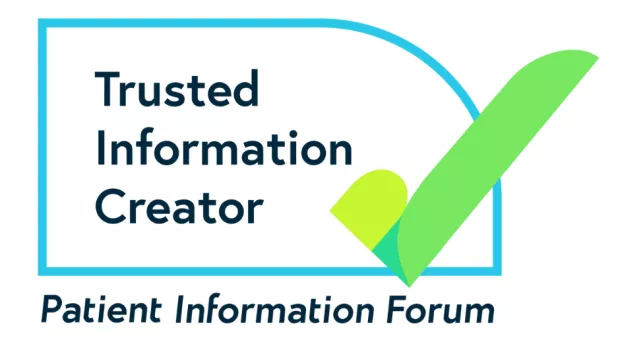This information is for people who want to know more about the tests used in diagnosing epilepsy. On this page we briefly describe each of the main tests you might have if your doctor thinks you have epilepsy.
Use this page as a general guide and speak to a health professional for more information and support.
A range of tests is usually used to help diagnose epilepsy. You might have some tests in hospital soon after your seizure, and your specialist may arrange for you to have others if needed.
After your specialist has looked at your medical history and information about your seizure, they will usually get you to have some medical tests.
Electrocardiogram (ECG)
One of the first tests you might have, is an electrocardiogram (ECG). An ECG is a test to see if there are any cardiac (heart) problems that could be mistaken for an epileptic seizure.
Electroencephalogram (EEG)
An electroencephalogram (EEG) records the electrical signals in your brain. You’ll have sensors attached to your scalp, which pick up the electrical activity going on in your brain. It is connected to a computer which records the results. You can read more about the different types of EEG tests and the referral process on the EEG page.
Magnetic Resonance Imaging (MRI)
If your specialist needs to take a closer look at your brain, they might ask you to have a magnetic resonance imaging (MRI) scan. An MRI is a brain scan that takes pictures of your brain. Sometimes epilepsy can be caused by structural changes in the brain, so this test can help doctors find out if that’s what is causing your seizures.
Computed Tomography (CT)
A CT scan is also a brain scan that takes pictures of your brain. You might have a CT or MRI scan depending on what your doctor advises.
You can find out more about MRI and CT scans on our Neuroimaging (brain scans) page.
Blood tests
You may also have blood tests to check your general health and to see if any other conditions may be causing your symptoms.
Genetic testing
If your specialist thinks the cause of your epilepsy is genetic, they may refer you for genetic testing. A blood sample or cheek swab is normally needed for genetic testing.
Antibody testing
Antibody testing may be done to check if the reason for your seizure could be autoimmune encephalitis – a rare type of brain inflammation. A blood sample is needed for antibody testing.
You can watch more videos on tests you might have in hospital: https://www.whatwhychildreninhospital.org.uk/videos


